Speaking at a panel discussion at the Harvard University Institute of Political Science on Ukraine's aid package adopted at last week's EU summit, FM Szijjarto underlined that Hungary had two important preconditions for supporting it. These, he said, were met, so there was no need to veto the joint decision again.
It is a common occurrence for one government to raise a crucial issue while others feign ignorance, clearly indicating the absence of room to conduct a sensible discourse on strategic issues in recent years, and the situation is deteriorating, the foreign minister emphasized.
If we put forward such a demand, the usual response is not to discuss it, or study it with a view to finding a solution, but to label us as Putin's friends, Kremlin propagandists, or perhaps Russian spies,
- Mr Szijjarto has said.
If there were space for rational dialogue, mutual respect, and a willingness for those advocating democracy to genuinely listen to opinions diverging slightly from the majority, then these ideological debates and stigmatizations could be averted he stressed.
Then, he underlined that the government has always been honest about its strategy and goals, which is made possible by the unique political stability that persists in Hungary.
So, we can honestly say that we say what we do, and we do what we say,
- he said.
In an exchange of views regarding Europe's global political situation, FM Szijjarto underscored that while the United States often criticizes the Hungary-Russia nuclear cooperation, it bought $1 billion worth of uranium from Russia last year, and US companies are also involved in the expansion of the Paks nuclear power plant.
Until someone invents a way to carry natural gas home in a backpack, energy supply will depend on infrastructure and pipelines, FM Szijjarto stated. He recalled that five or six years ago, the Hungarian government signed a contract with ExxonMobil to procure natural gas to be extracted in Romania, but the US company eventually withdrew from the project.
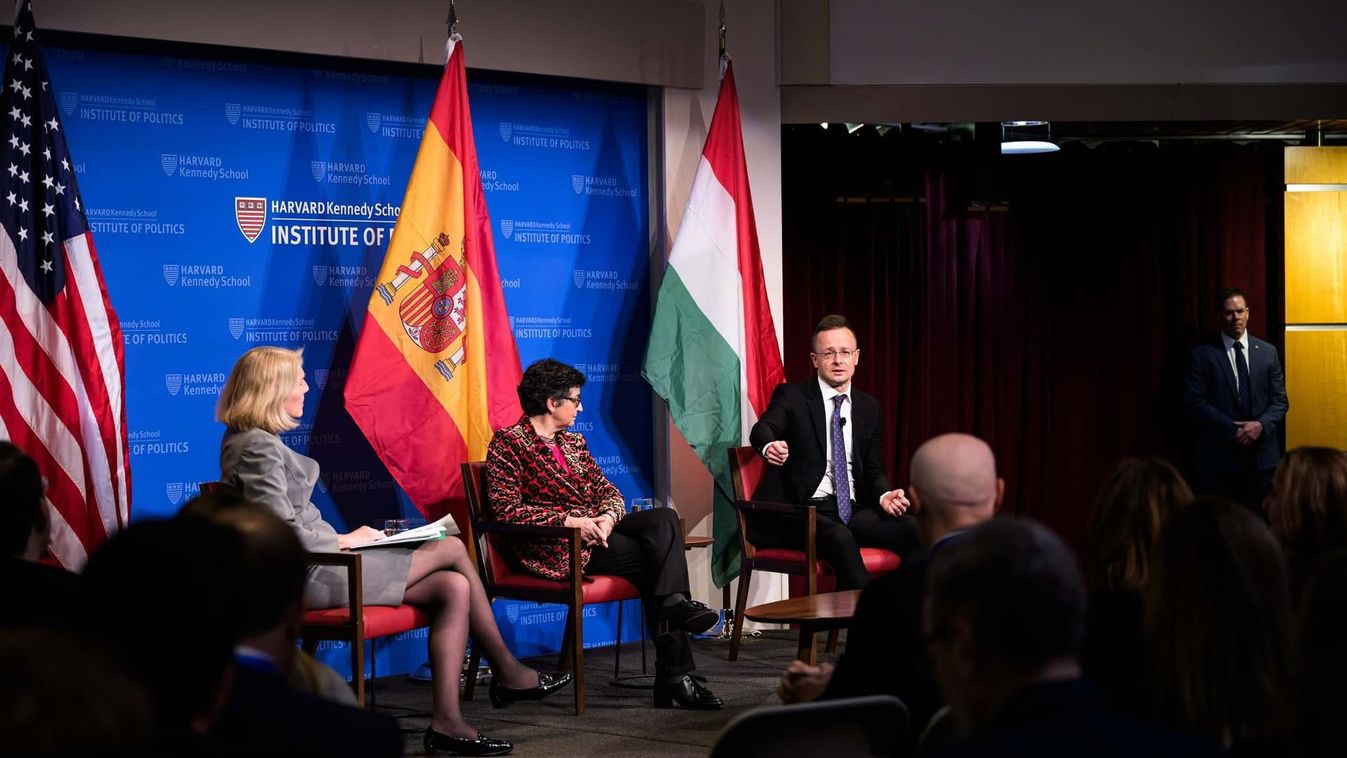
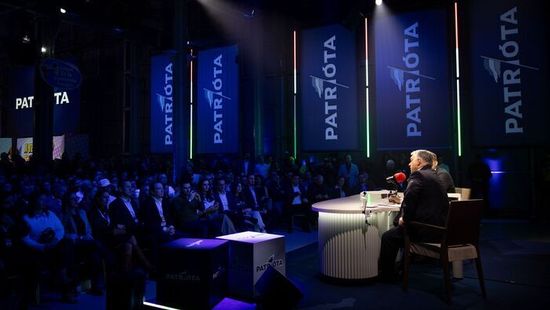
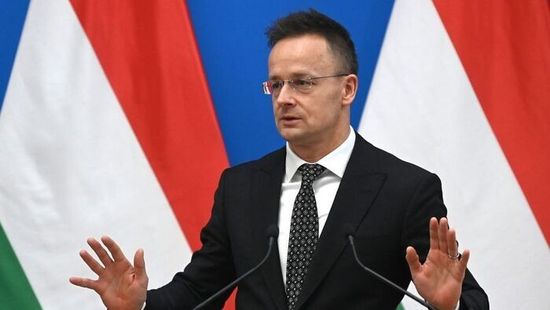

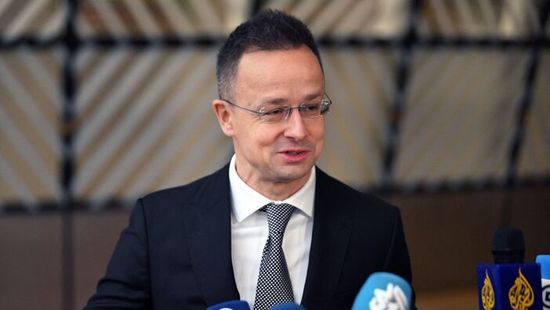



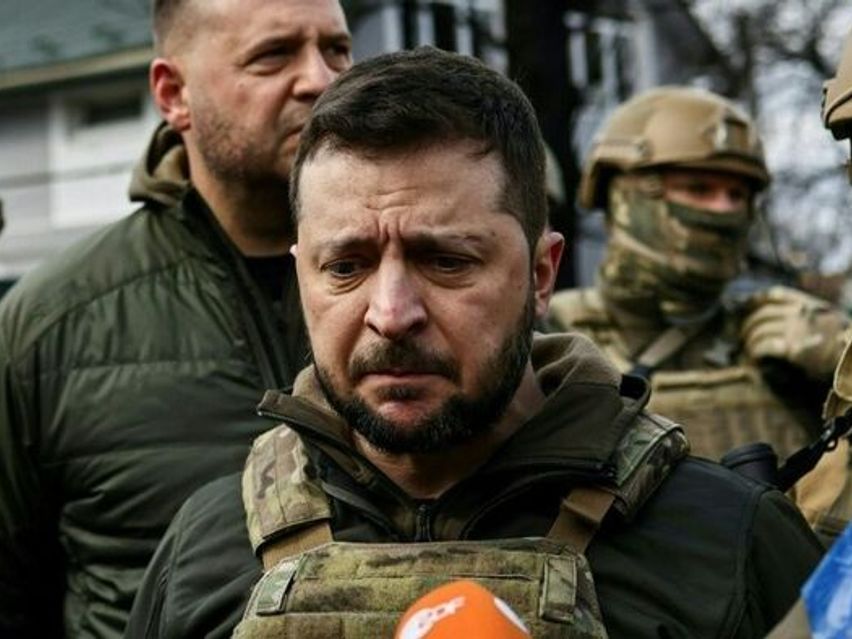


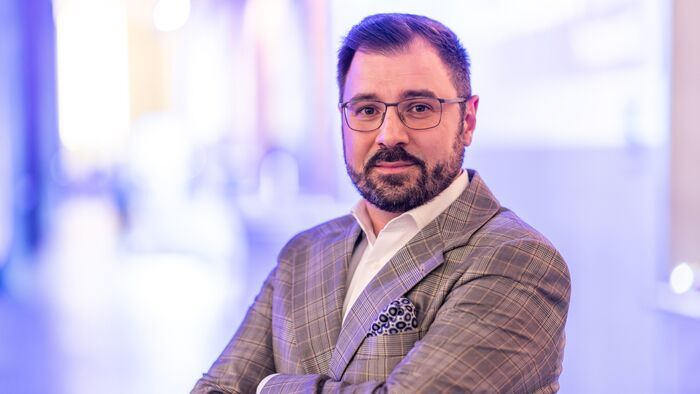
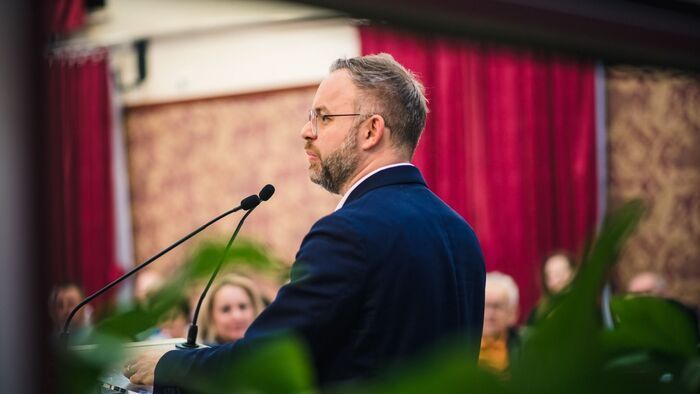
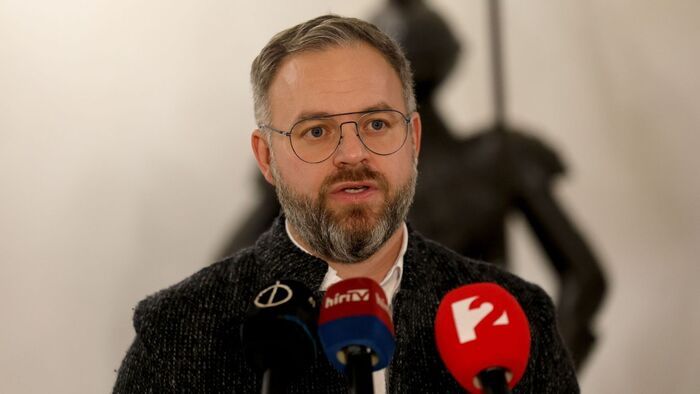

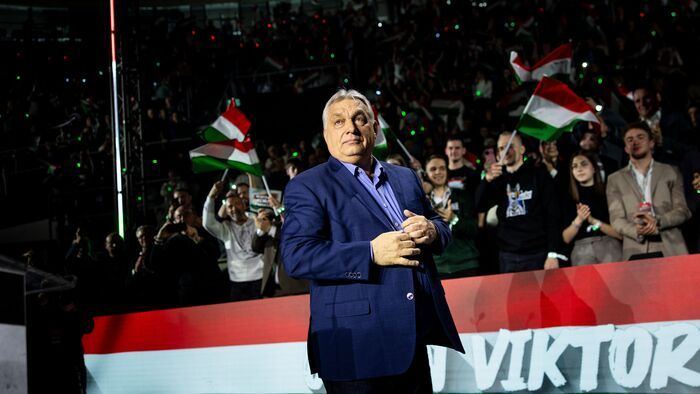
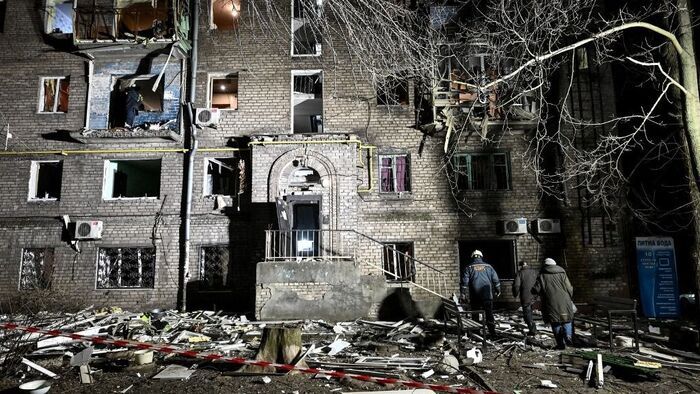
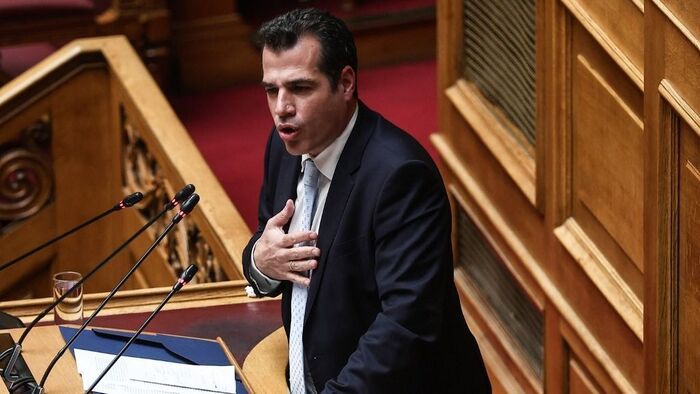


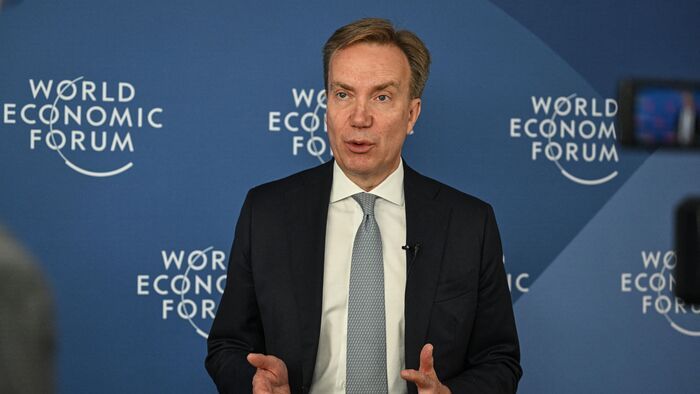
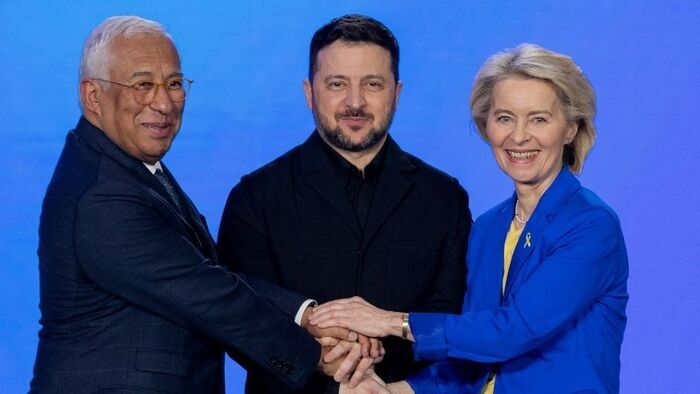

Szóljon hozzá!
Jelenleg csak a hozzászólások egy kis részét látja. Hozzászóláshoz és a további kommentek megtekintéséhez lépjen be, vagy regisztráljon!